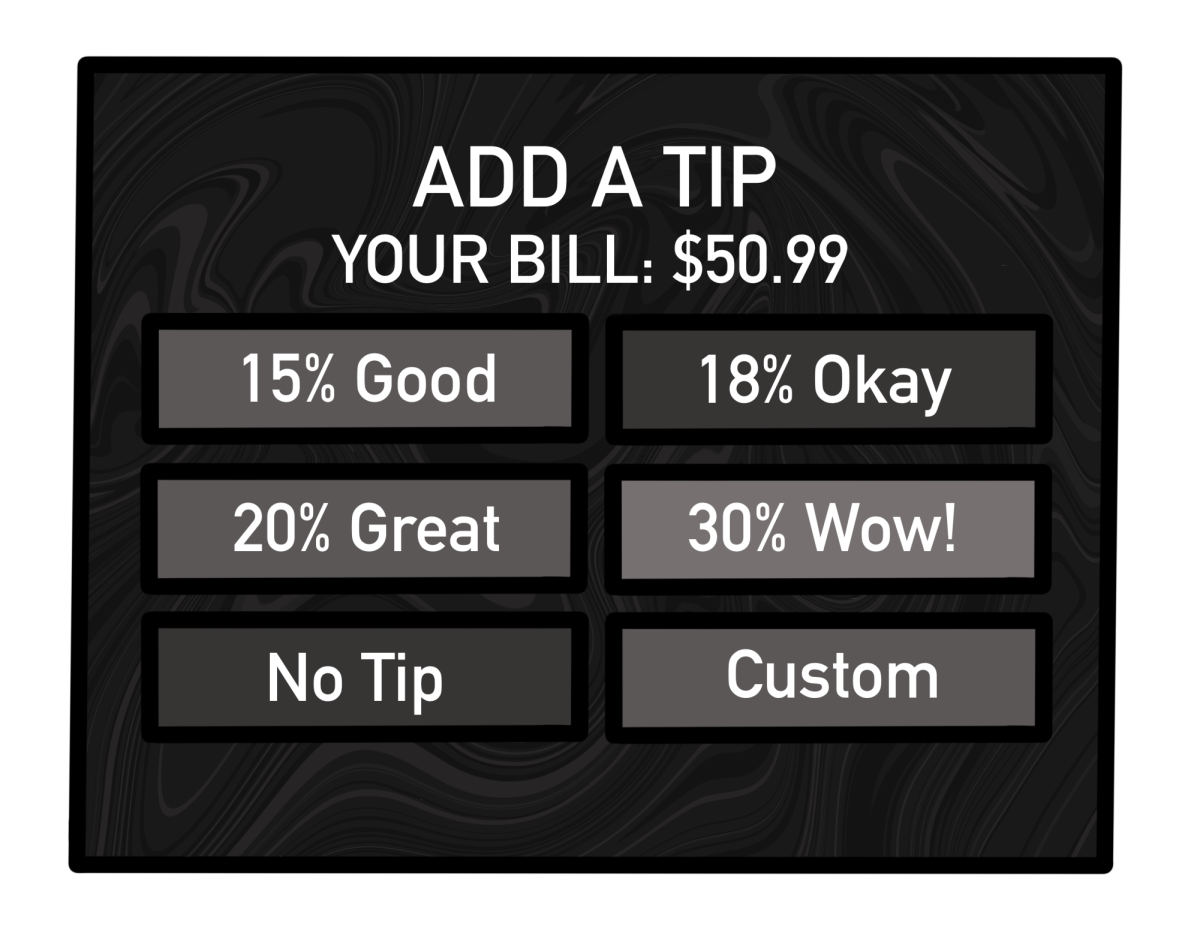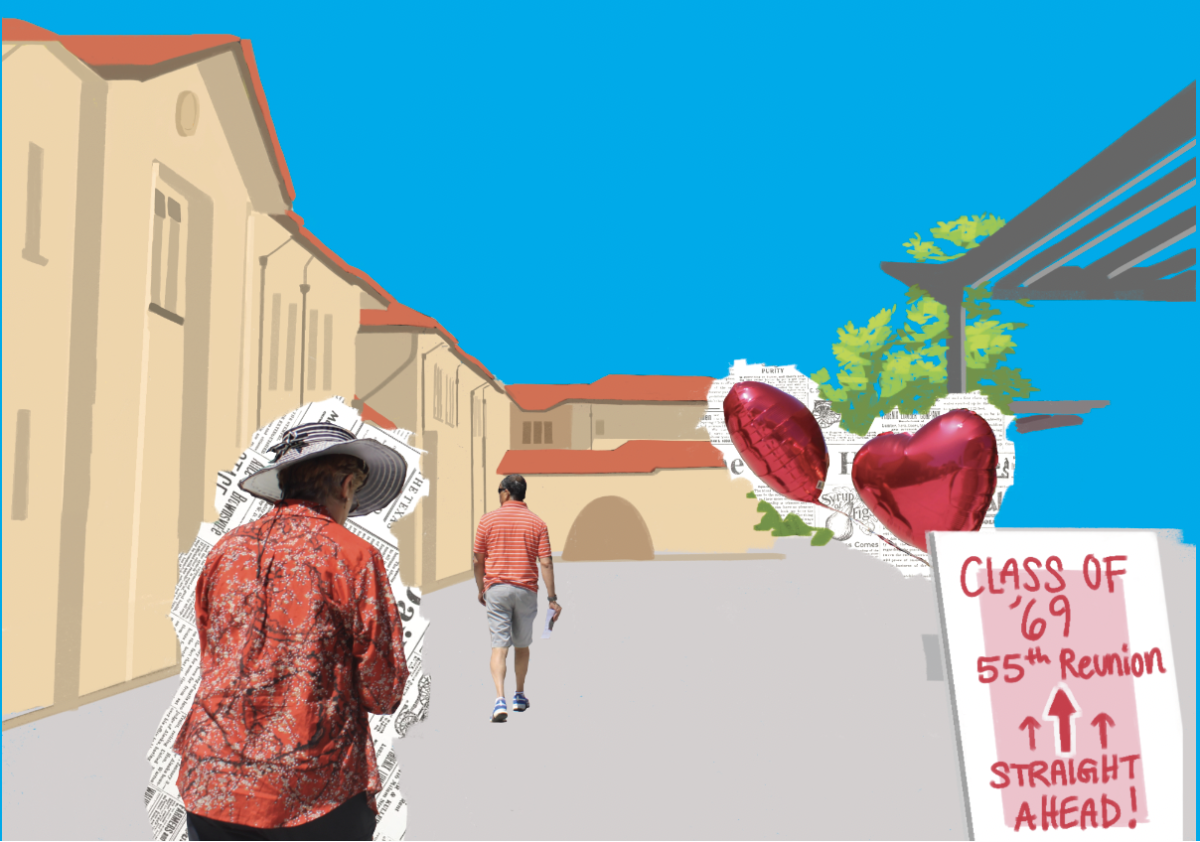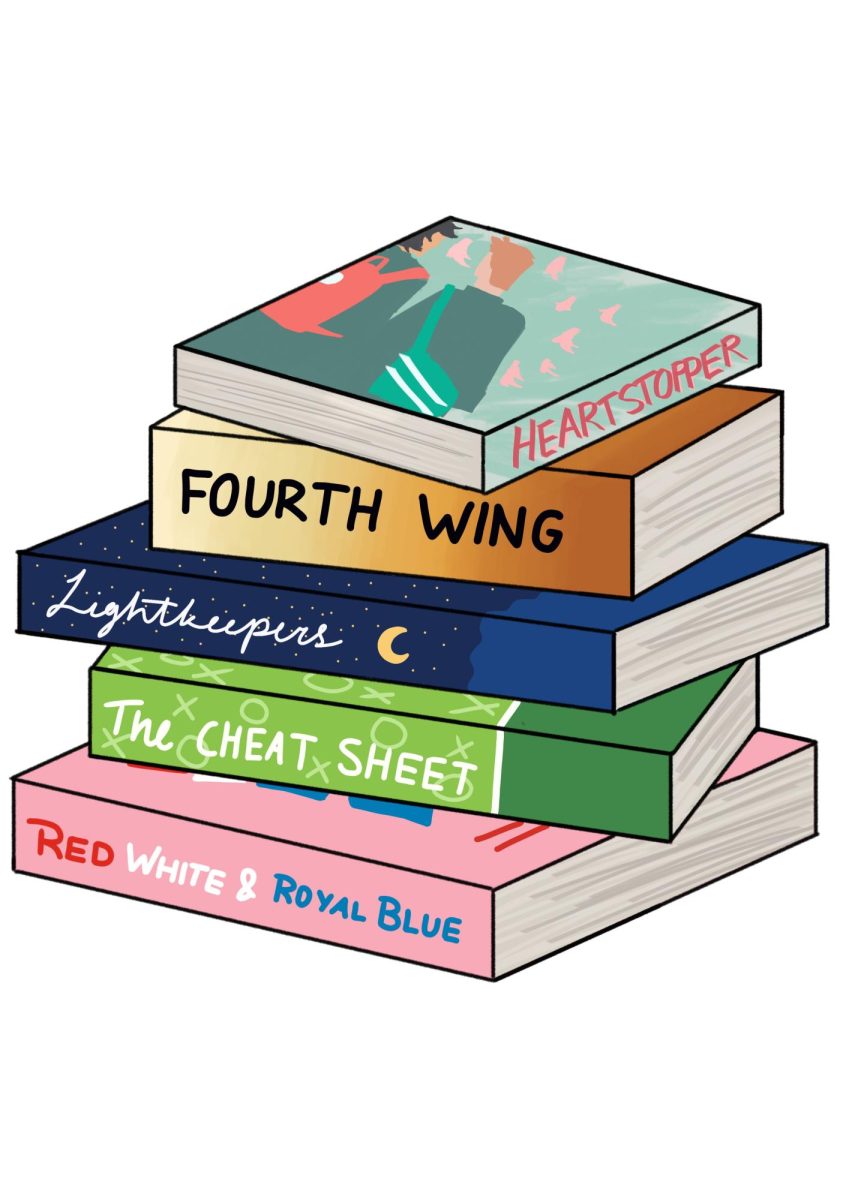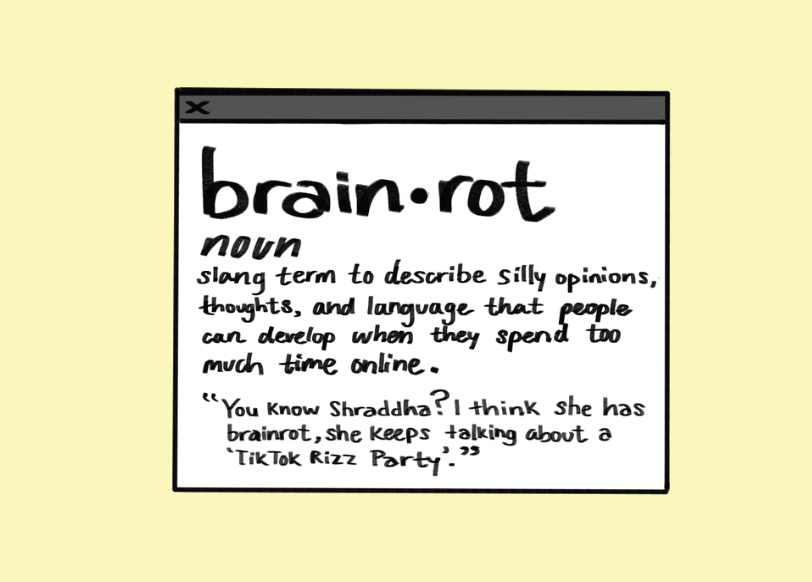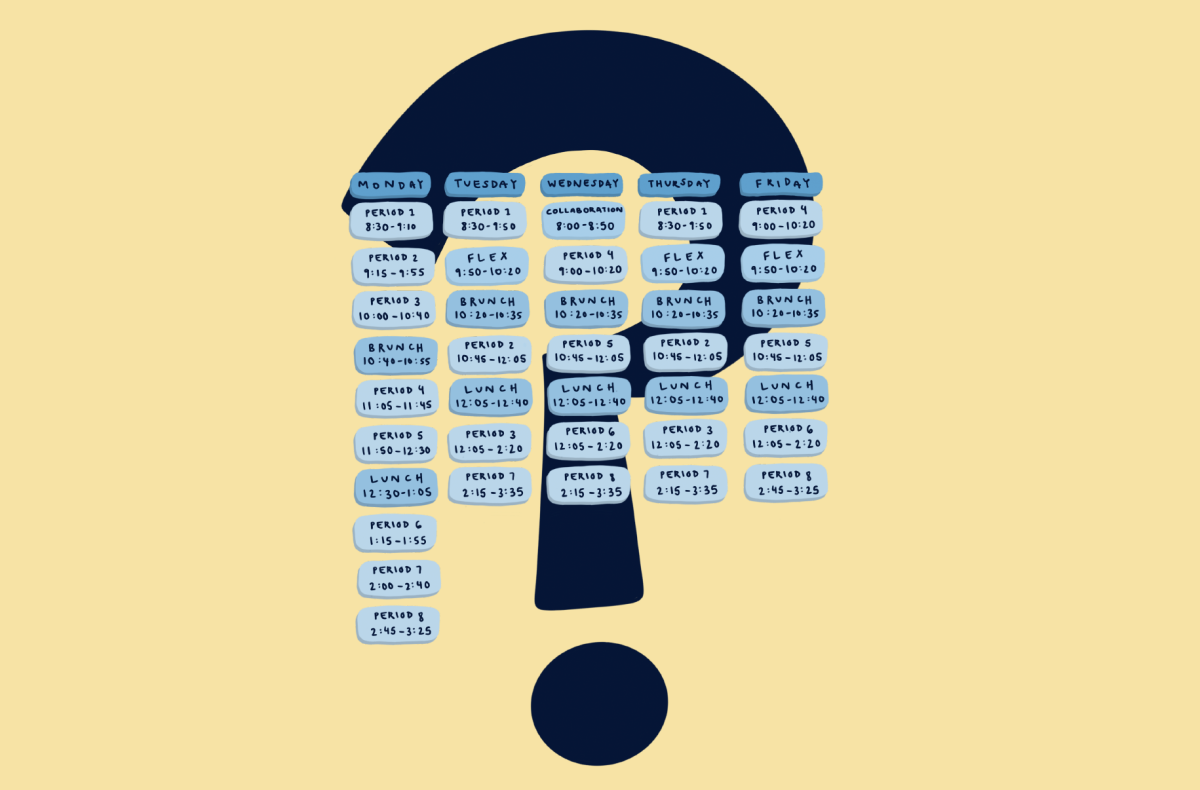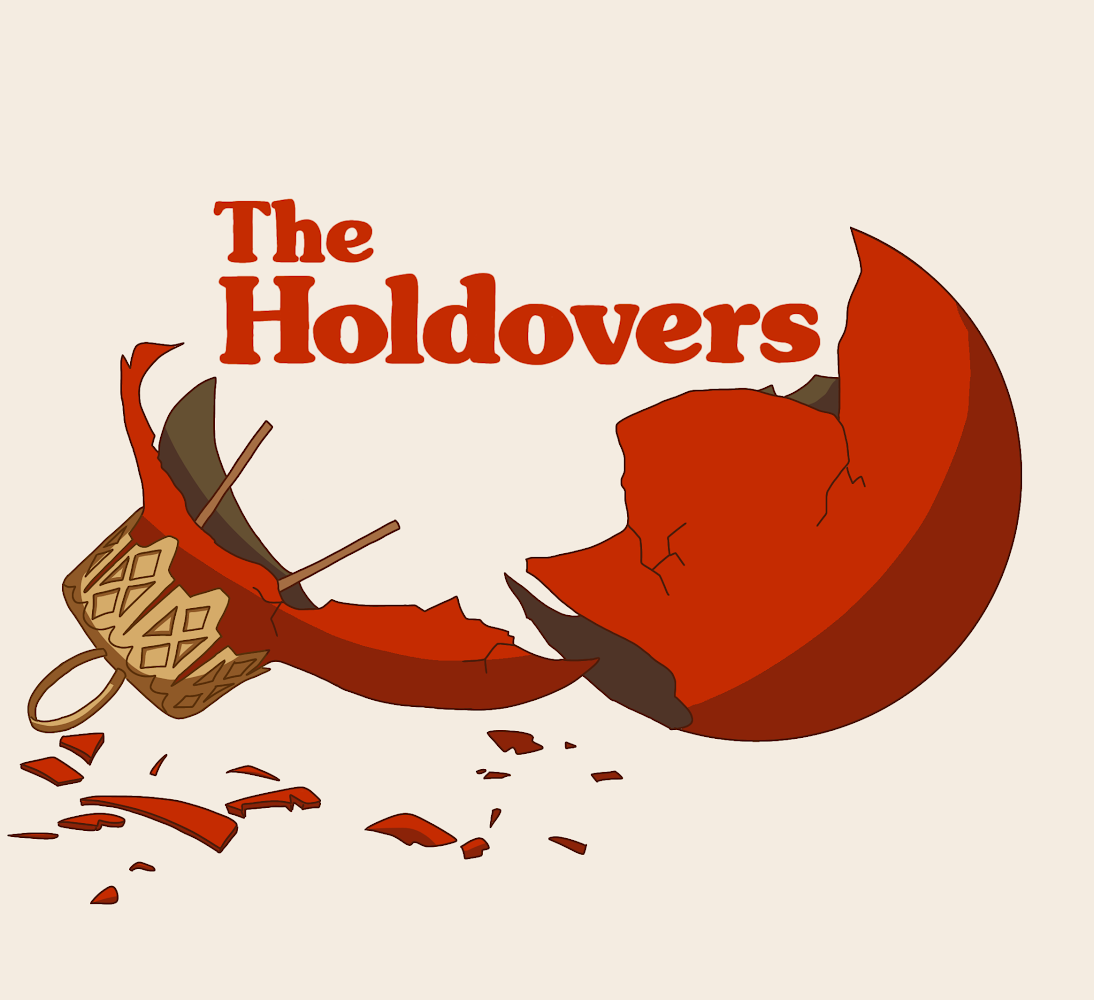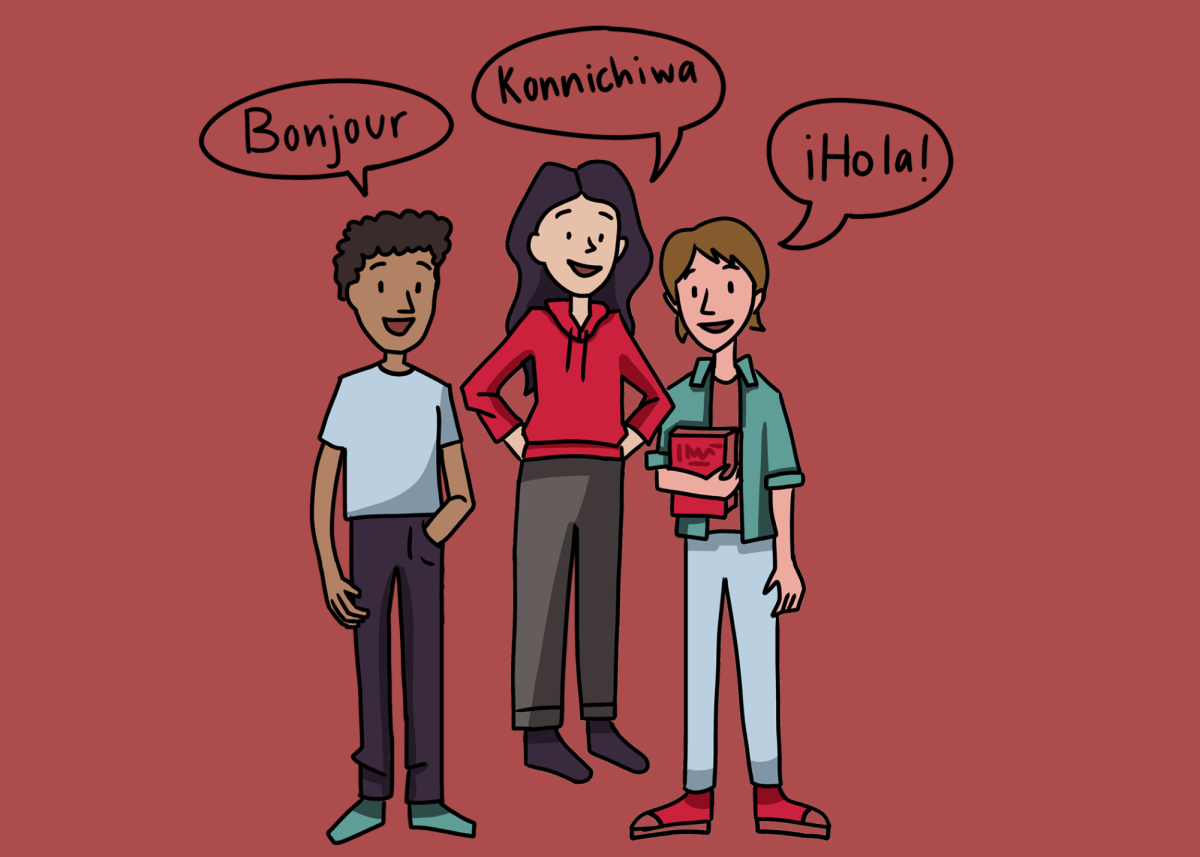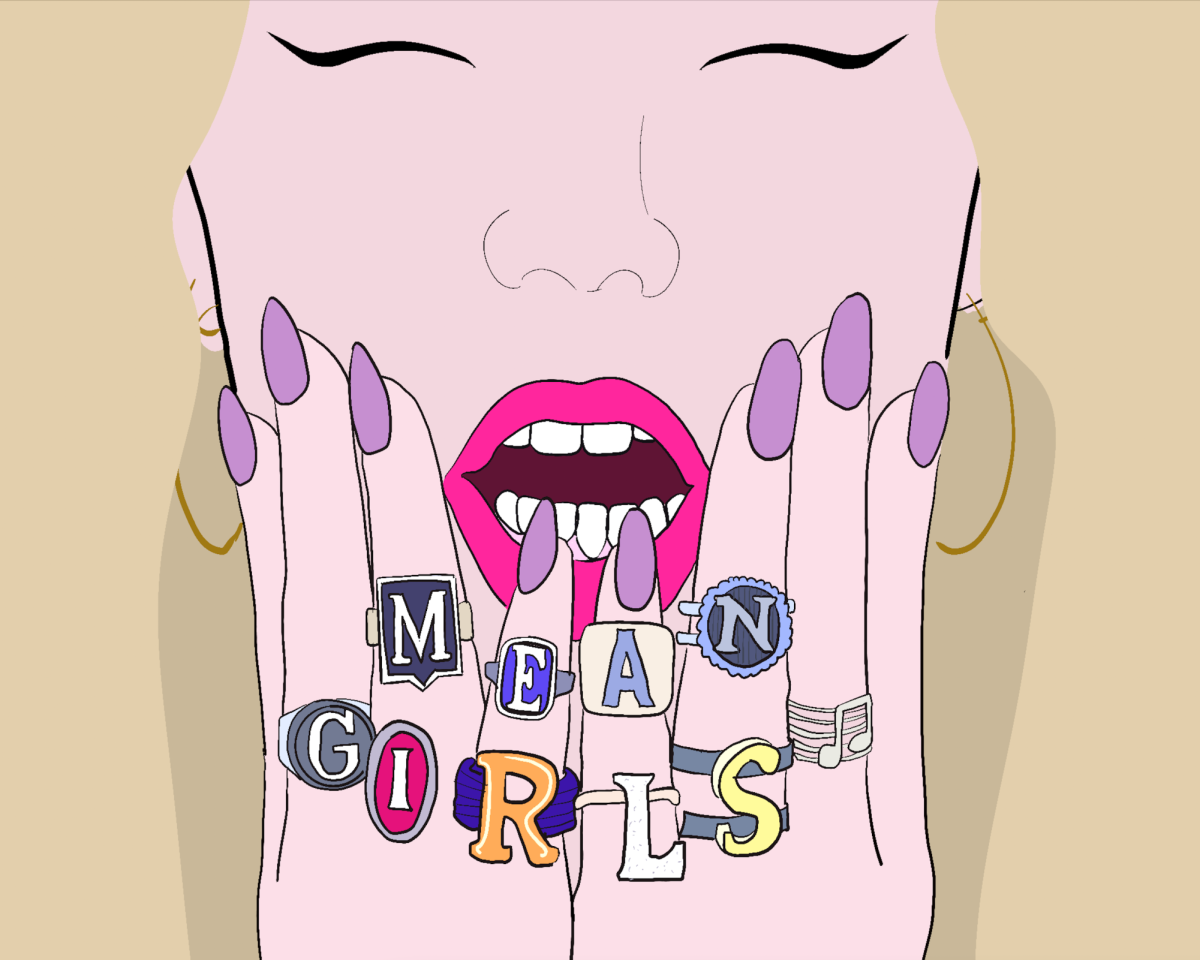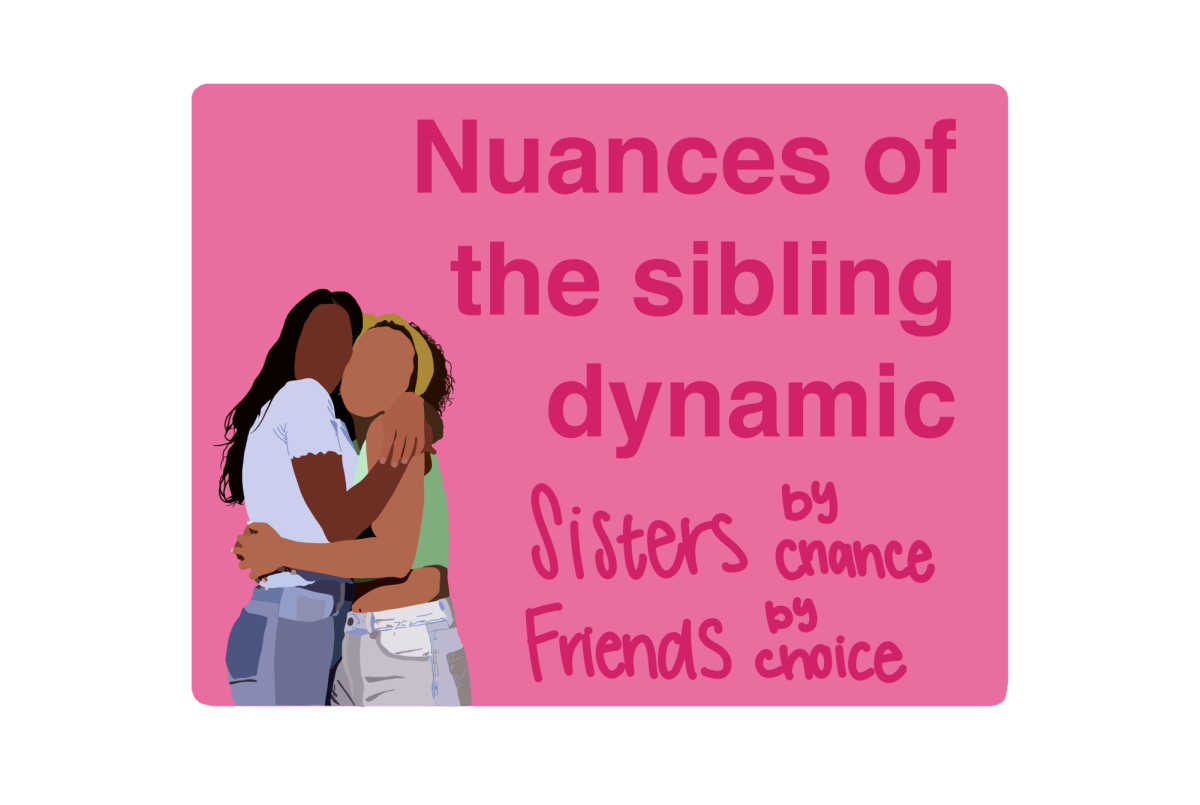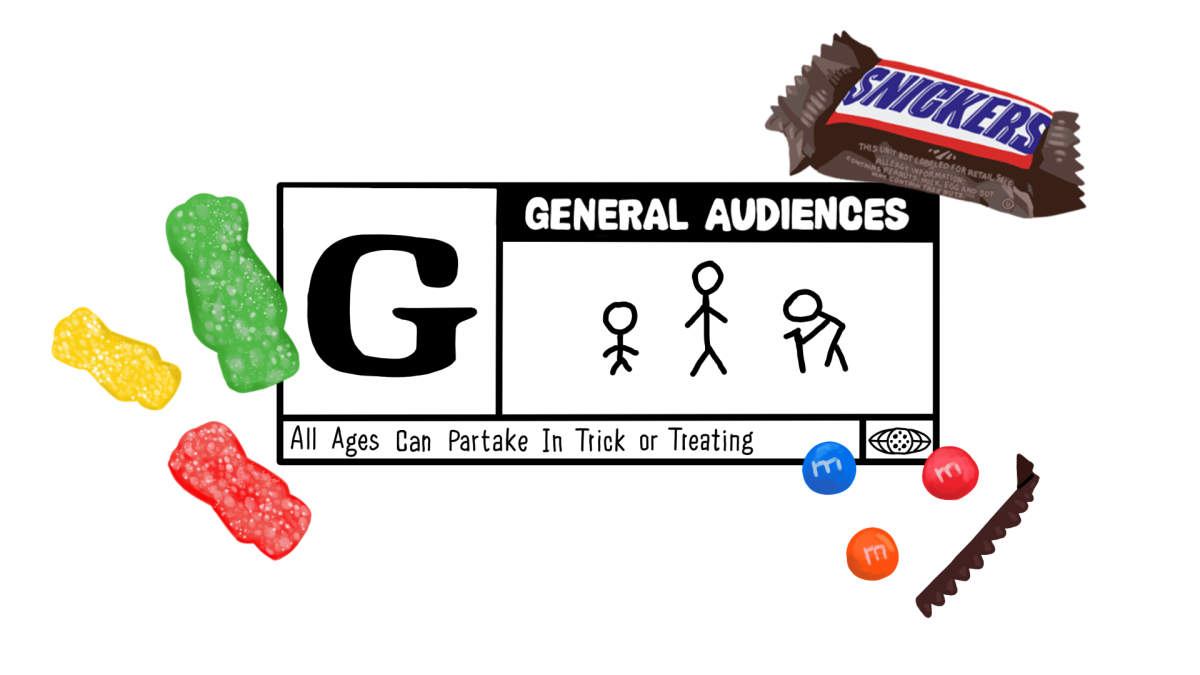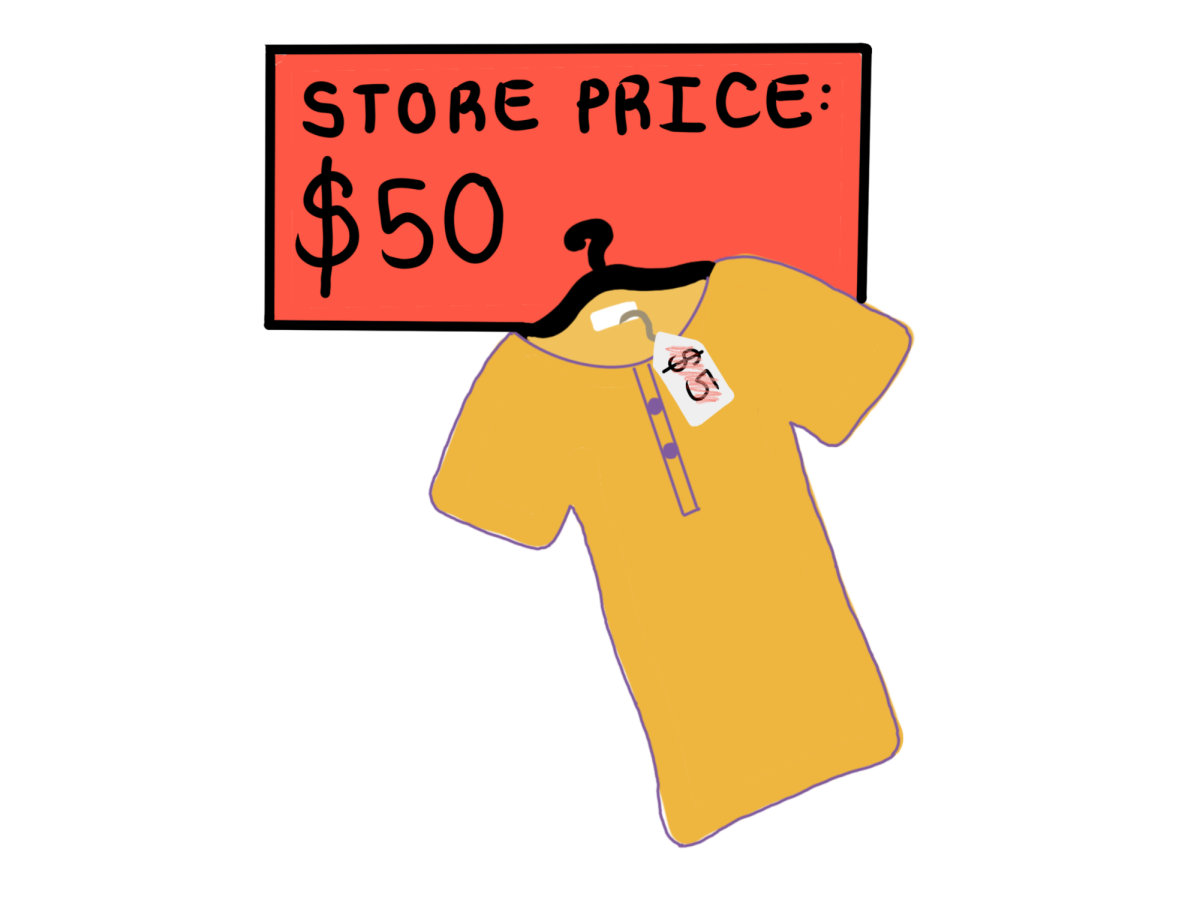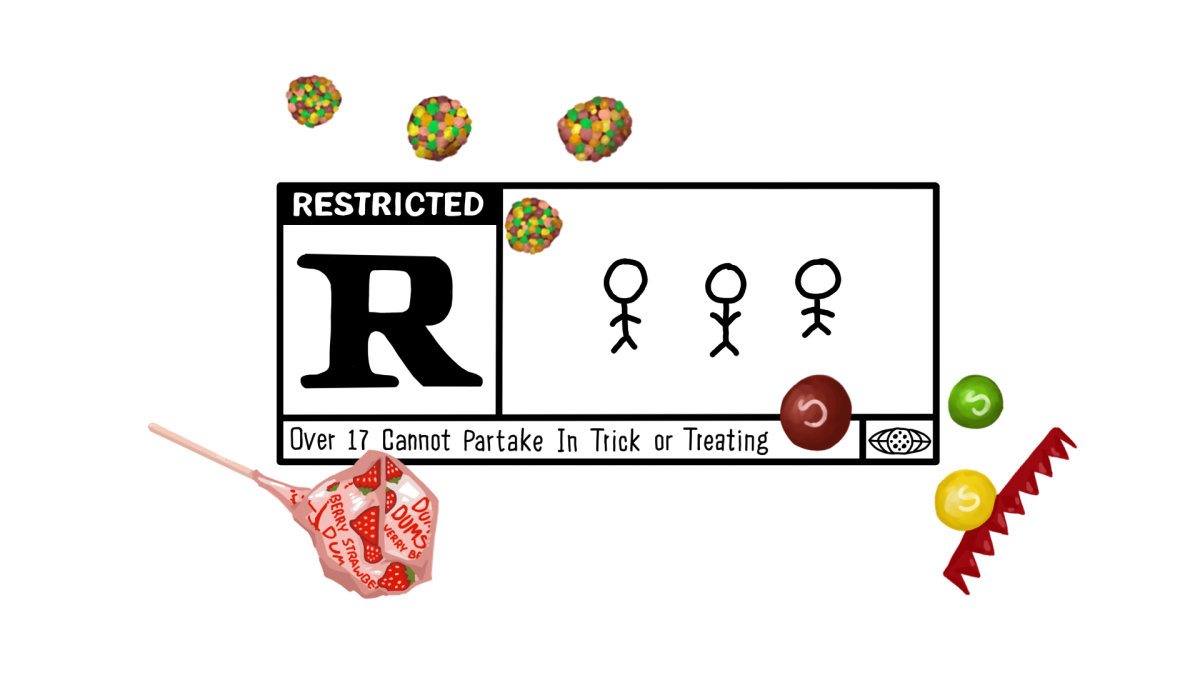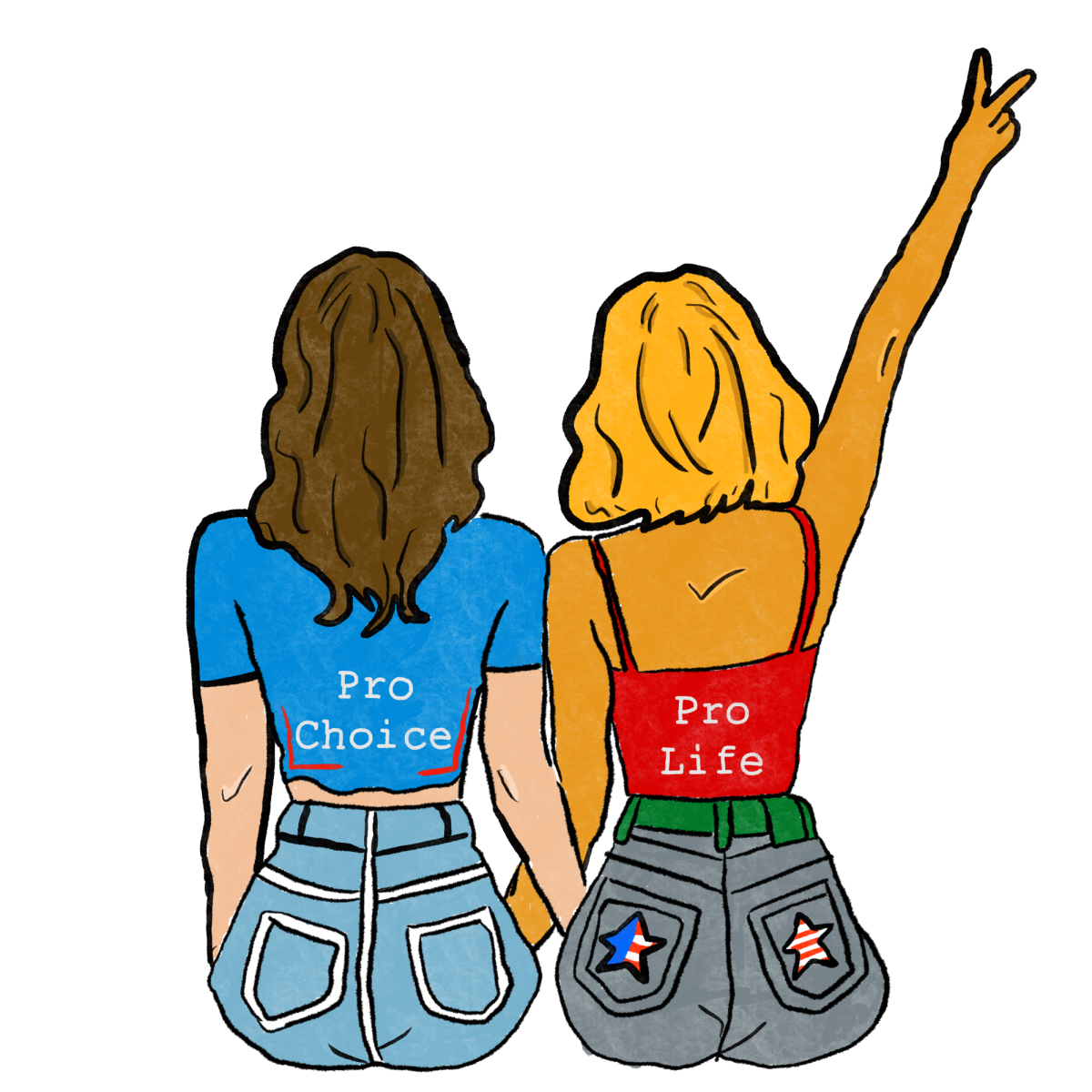A tip request now seems inescapable when making any purchase. However, tipping began as an infrequent practice, with 16th-century nobles giving exceptional servants extra pay. Over time, tipping became customary at establishments such as sit-down restaurants and hotels.
While still controversial, this “traditional” tipping has some logical basis: an individual is performing a service for you, often for a while, and it makes sense to show gratitude. Tipping forms the majority of income for some employees, with the federal tipped minimum hourly wage being just $2.13.
“I think [tipping] makes the most sense in places where you’re getting one-on-one interaction with the workers who are helping you,” FHS senior Zoee Davis-Marsh said. “While I don’t support [tipping], I do want the people who work there to be able to afford the cost of living.”
However, with the advent of the dreaded tip screen and increased pandemic-era tipping habits, gratuity has infiltrated its way into transactions from fast food takeout to even supermarket self-checkout. According to Pew Research, 72% of American adults feel that tipping is expected in more places today than five years ago. Additionally, tip screens introduce a sense of obligation, with a study from Forbes finding that 65% of people tip at least 11% more when giving a digital tip. Finally, the disconnect of digital tipping leaves workers unsure of what happens with their tips.
“If it’s digital, then it gives the employer more room to do what they want with those tips because it doesn’t go straight to you,” an anonymous FHS student and boba shop employee said. “I’m getting like $20 in tips every shift and then I see like 10 of those in my paycheck. So I don’t know where it’s going.”
This increased frustration with tipping provides an avenue to examine tipping culture as a whole. After all, an employee’s tip is sometimes determined by unjust factors such as race or attractiveness, and tipping enables businesses to underpay their workers.
“It doesn’t make much sense to me just conceptually,” Davis Marsh said. “Companies like restaurants and stuff will use tipping as an excuse to pay the workers less.”
Tipping has flooded the banks of its intended domain. As consumers feel an unjust sense of obligation to provide a tip for an inflated variety of transactions, it’s time to roll back tip requests and start hitting “no tip” — and perhaps even rethink the practice of tipping as a whole.


